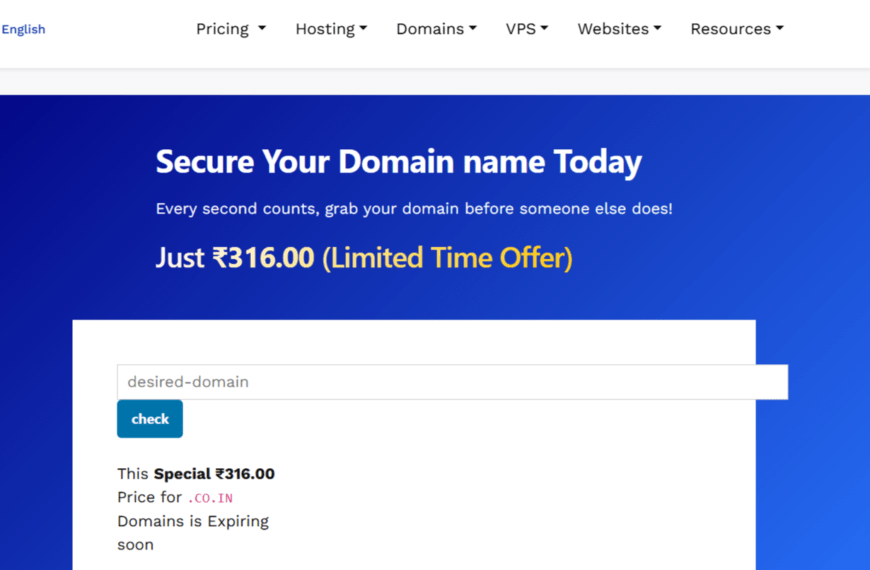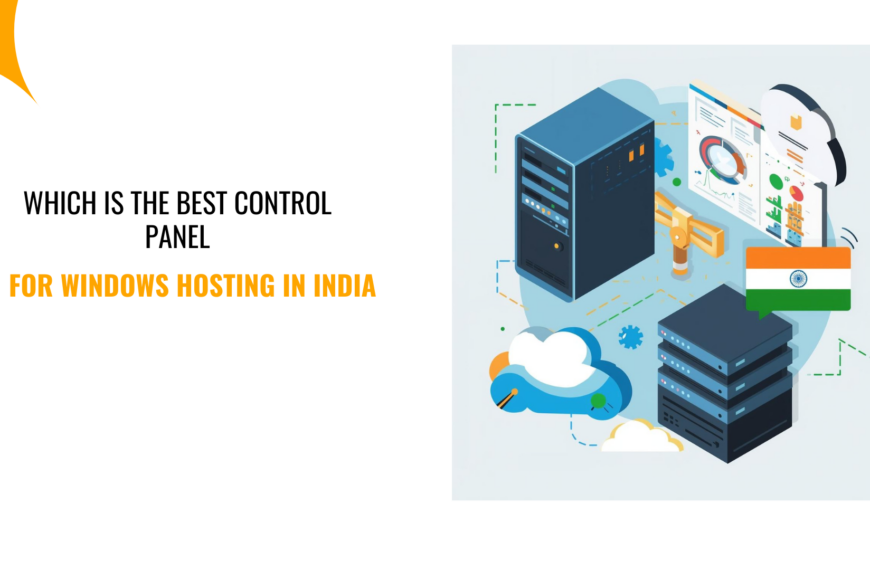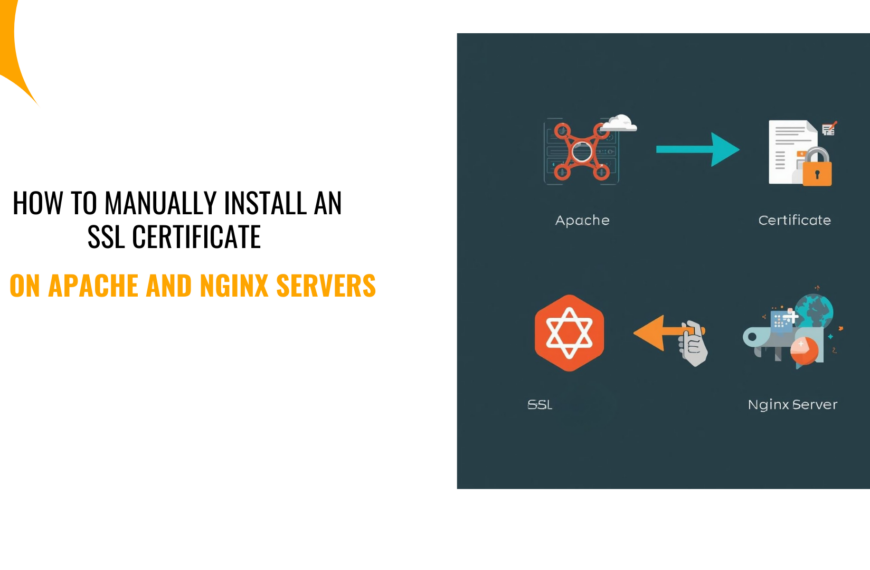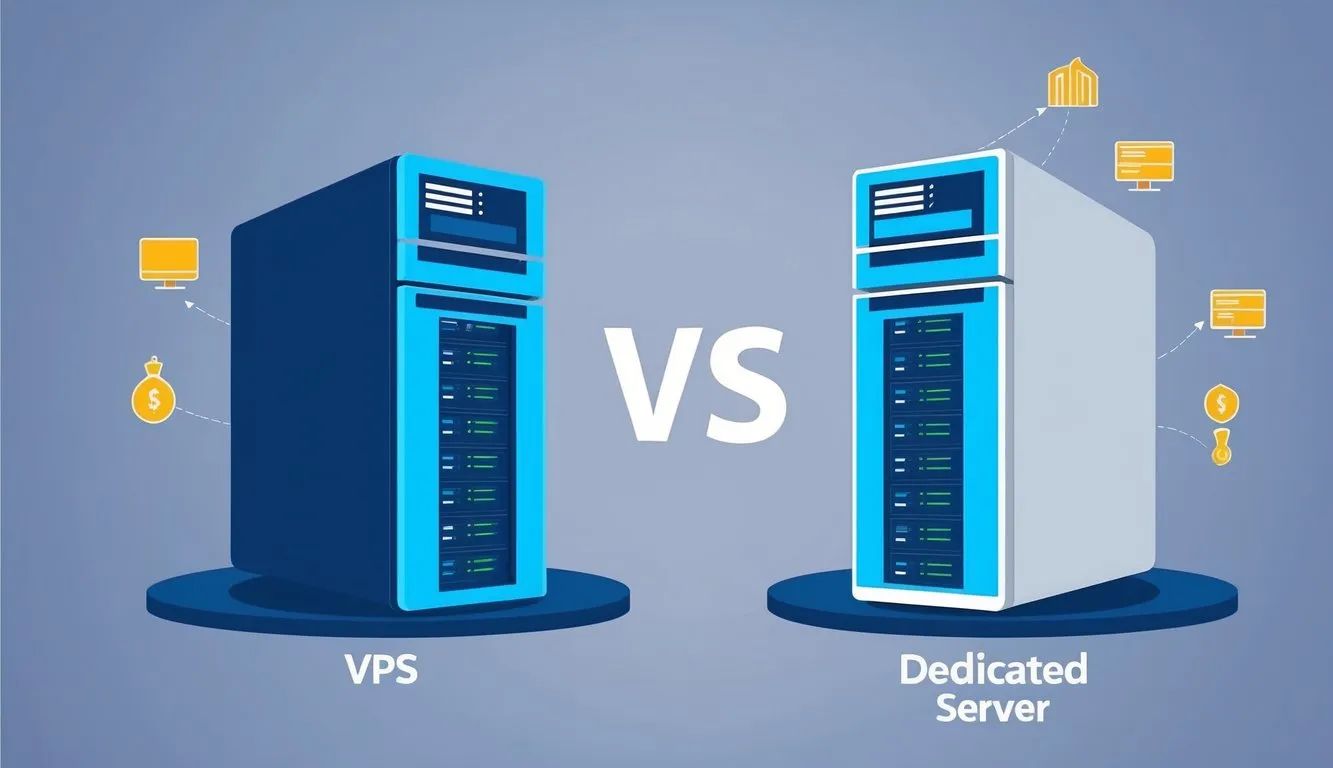Every device connected to the internet has a unique IP address (Internet Protocol address).
This number acts like a home address, ensuring that online data reaches the right destination.
Without an IP address, devices wouldn’t be able to communicate over the internet.
1) Identifying Devices on a Network
Think of an IP address as your digital fingerprint. Just as your phone number lets people contact you, an IP address allows websites, apps, and services to recognize your device.
There are two main types:
| Type | Purpose | Example |
|---|---|---|
| Public IP | Used on the internet, assigned by ISPs (Internet Service Providers) | 102.45.67.89 |
| Private IP | Used within home or office networks | 192.168.1.1 |
When you connect to Wi-Fi at home, your router assigns a private IP to your phone, laptop, or smart TV. But to access the internet, your router uses a public IP provided by your ISP.
2) Enabling Communication Between Devices
Every time you:
- Visit a website like Google or YouTube
- Send an email
- Use a messaging app
Your device sends a request to the website’s IP address, and the website responds with the data you need. This exchange happens in milliseconds, thanks to the Internet Protocol.
3) Finding Your Geographic Location
Your IP address reveals your approximate location, such as your country or city. This is why:
- Google search results are localized (e.g., “restaurants near me”).
- Netflix shows country-specific content.
- Some websites restrict access based on your region (geo-blocking).
However, an IP address alone does not reveal your exact home address. To hide or change your location, you can use a VPN (Virtual Private Network).
4) Supporting Remote Access and Hosting Services
If you manage a business, a dedicated IP is crucial. It provides:
- Secure remote access: Employees can connect safely to a company network.
- Website hosting stability: A dedicated IP ensures your website is always accessible.
- Reliable email services: A dedicated IP improves email deliverability by preventing your messages from being marked as spam.
For businesses in India, using a dedicated IP for email hosting through providers like Truehost India can enhance email security and reliability.
5) Improving Cybersecurity and Network Management
Your IP address plays a role in protecting your data and ensuring smooth network operations. It helps with:
- Blocking hackers and malicious traffic
- Identifying suspicious login attempts
- Monitoring network activity in offices and homes
Firewalls and security software use IP addresses to filter unwanted connections and protect your personal data.
How to Change or Hide Your IP Address
If you want to mask your IP, consider these options:
- VPN: Encrypts your connection and assigns a new IP from a different location.
- Proxy Server: Routes your traffic through another server, hiding your real IP.
- Mobile Data: Switching from Wi-Fi to mobile data changes your IP.
- Restarting Router: Some ISPs assign a new dynamic IP when you restart your router.
Final Thoughts
Your IP address is essential for connecting to the internet, identifying devices, and maintaining cybersecurity. Whether you’re browsing, streaming, or running an online business, understanding how your IP works helps you stay safe and efficient online.
Would you like to know more about securing your IP or setting up a dedicated IP for your business?
 Web HostingBudget-friendly shared hosting plans
Web HostingBudget-friendly shared hosting plans Domains SearchFrom .com to unique country domains, explore and register extensions worldwide.
Domains SearchFrom .com to unique country domains, explore and register extensions worldwide. WordPress HostingPower your blog or business with WordPress hosting.
WordPress HostingPower your blog or business with WordPress hosting. Email HostingSimple, secure email hosting that helps you stay connected and professional.
Email HostingSimple, secure email hosting that helps you stay connected and professional. Reseller HostingStart your own hosting business with easy and reliable reseller hosting plans.
Reseller HostingStart your own hosting business with easy and reliable reseller hosting plans. AffiliateJoin our affiliate program and earn commissions every time you bring in new customers.
AffiliateJoin our affiliate program and earn commissions every time you bring in new customers. cPanel HostingHosting powered by cPanel, the world’s most user-friendly control panel.
cPanel HostingHosting powered by cPanel, the world’s most user-friendly control panel. Windows HostingBuilt for Windows applications and websites
Windows HostingBuilt for Windows applications and websites IN Domain PricesDon’t miss out on the best domain deals in India!
IN Domain PricesDon’t miss out on the best domain deals in India! WHOIS LookupFind out who owns a domain name with a quick and easy WHOIS search.
WHOIS LookupFind out who owns a domain name with a quick and easy WHOIS search. Domain TransferTransfer your domain to us and enjoy reliable support every step of the way.
Domain TransferTransfer your domain to us and enjoy reliable support every step of the way. .Com DomainGet the most trusted domain for worldwide credibility
.Com DomainGet the most trusted domain for worldwide credibility All TldsSearch and register domain extensions worldwide.
All TldsSearch and register domain extensions worldwide. Managed VPS HostingNot a tech expert? Choose our fully managed VPS service.
Managed VPS HostingNot a tech expert? Choose our fully managed VPS service. Dedicated ServersTake full power and total control of your own physical server.
Dedicated ServersTake full power and total control of your own physical server.







